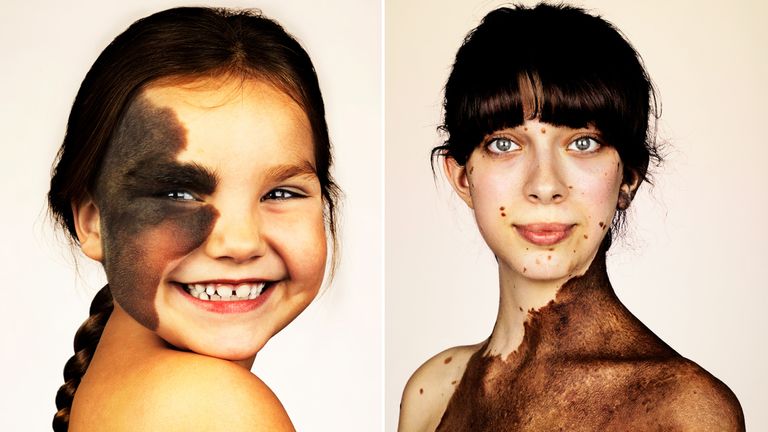Across America, migraines are getting worse, according to a recent study in one medical journal. But why?
As a nation, migraine prevalence has remained fairly stable over the last three decades, according to a study published last month in Headache: The Journal of Head and Face Pain, with roughly 1 in 7 individuals experiencing them. However, the severity of these migraines—measured as migraine-related disability—has increased.
The proportion of migraine sufferers who experience moderate-to-severe migraine-related disability has increased from 22.0 percent in 2005 to 42.4 percent in 2018, according to the study.
Newsweek spoke to Dr. Liza Smirnoff, assistant professor of clinical neurology at Miller School of Medicine at UHealth in Florida, to find out what could be behind this increase in severity.
"Migraines are a hereditary disorder that impacts the brain and is mostly characterized by sensitivity to the environment," Smirnoff told Newsweek.
Over the last three decades, our environments have changed significantly, which may have contributed to the changes we see in migraine severity.
"As people and society have evolved so too have the sensitivities that trigger migraines," Smirnoff said. "Reactions to bright lights and exposure to TV screens, for instance, can be much more challenging for migraines."
However, our technology is not the only thing that has changed. According to a Gallup poll in April, Americans are more stressed than ever, with 49 percent reporting to frequently experience stress.
"While stress is not the cause of migraines it can certainly impact them," Smirnoff said. "For many people, elevated stress or stressful events may result in migraines. Also, 'stress let down' at the end of the work week, people like to relax and spend time with their families but that can also trigger migraines because of the stress let down."
Our natural environment is also changing. "Environmental changes such as fires on the west coast, and temperature changes on east coast and pollution in general can also impact migraines," Smirnoff added.
However, Smirnoff and the study's authors suggest that some of this rise in symptom severity may be due to changes in the way that migraines are reported and diagnosed. "I think this is a sign that we are better able to recognize migraines and many people who experience migraines are being diagnosed," Smirnoff said.
So, what should you do if you are one of the 1 in 7 Americans who suffer from migraines?
"The most important thing to do is to keep a regular schedule," Smirnoff said. "The migraine brain loves routine. Sleep, wake and eat at consistent times. Exercise at least 3 to 5 days per week and consume adequate fluids to better manage migraine frequency and severity. There are many new treatments out for the management of migraines. Headache medicine is quickly advancing and we are able to help more patients than ever before."
In most cases, your primary doctor will be able to provide you with the treatment and support you need. However, if you experience four or more migraine episodes a month, have severe migraines that send you to the emergency room, or significant warning signs like changes in vision and body strength, Smirnoff recommends speaking to a migraine specialist.
Is there a health issue that's worrying you? Let us know via health@newsweek.com. We can ask experts for advice, and your story could be featured on Newsweek.
Disclaimer: The copyright of this article belongs to the original author. Reposting this article is solely for the purpose of information dissemination and does not constitute any investment advice. If there is any infringement, please contact us immediately. We will make corrections or deletions as necessary. Thank you.


